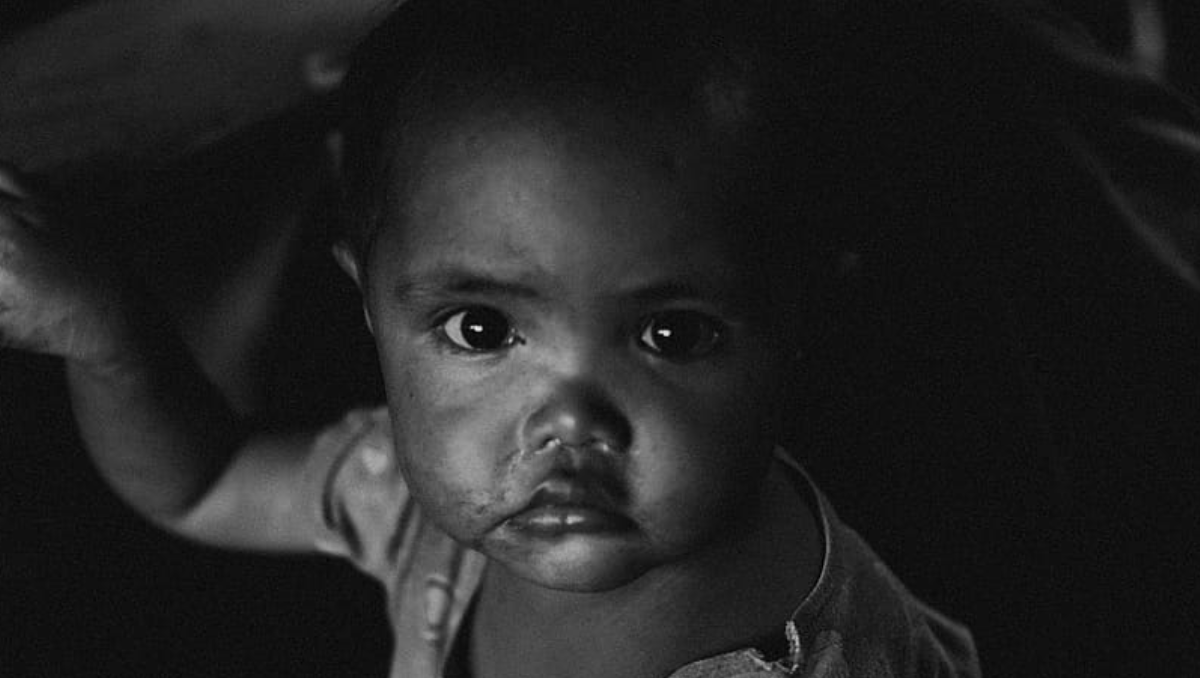In a recent study published in the peer-reviewed JAMA Network Open journal, it was revealed that a staggering 19.3% of children in India are considered ‘zero-food’ children – those who are devoid of milk and solid or semisolid food for a full day.
Prevalence of Zero-Food
India ranks third globally for the prevalence of zero-food children, with only West African countries Guinea and Mali having higher rates. The prevalence of zero-food children in India is a significant concern, with a recent study published in the JAMA Network Open journal highlighting that 19.3% of children in the country experience extreme food deprivation. This indicates that a substantial number of children aged 6-23 months go without milk, solid, or semisolid food for a 24-hour period, with over six million children affected. The states of Uttar Pradesh, Bihar, Maharashtra, Rajasthan, and Madhya Pradesh account for nearly two-thirds of the total zero-food children in India. The problem of such extreme food deprivation is particularly severe among children in Uttar Pradesh, where 28.4% of zero-food children in India are located.
Factors Contributing to Zero-Food Instances
The prevalence of zero-food children in India is influenced by several socio-economic factors such as poverty, marginalization, rapid urbanization, and the nuclearization of families, which exacerbate the issue of extreme food deprivation among children.
- Poverty and Marginalization: Families facing economic challenges struggle to provide adequate nutrition to their children, leading to food insecurity among the most vulnerable populations.
- Rapid Urbanization: The growth of urban areas has resulted in insufficient time and resources for mothers to provide proper nutrition to their children, especially those from underprivileged backgrounds.
- Nuclearization of Families: The shift towards nuclear families has impacted the traditional support systems for childcare, further contributing to the challenge of ensuring adequate nutrition for young children.
Way Forward
Interventions to enhance feeding practices for infants and young children are critical, with a focus on improving access to nutritious foods and maternal knowledge about appropriate feeding practices. Intervention planning and execution should take local difficulties and cultural norms into consideration.
The Indian government has taken several steps to tackle the problem of food deprivation among children, including:
- Integrated Child Development Services (ICDS) Scheme: Launched in 1975, this scheme provides food, preschool education, primary healthcare, immunization, health checkups, and referral services to children under 6 years old and their mothers.
- Pradhan Mantri Matru Vandana Yojana (PMMVY): This Centrally Sponsored Direct Benefit Transfer (DBT) scheme provides a cash incentive to pregnant women and lactating mothers.
- National Nutrition Mission (NNM): Also known as POSHAN Abhiyaan, this mission aims to eradicate malnutrition by the year 2022.
- Anaemia Mukt Bharat Abhiyan: Launched in 2018, this mission aims to accelerate the decline of anaemia among vulnerable populations.
- Mid-day Meal (MDM) Scheme: This scheme aims to improve nutrition levels among school children, in addition to increasing enrolment, retention, and attendance.
- National Food Security Act (NFSA), 2013: For the most disadvantaged members of society, this statute guarantees food and nutrition security.
These initiatives reflect the government’s commitment to addressing child hunger and malnutrition in India. To reach all the children in need, however, a great deal of work still has to be done. Community involvement, education, and empowerment are also key factors in breaking the cycle of food deprivation and ensuring the well-being of every child in India.
Adequate feeding is crucial for the short and long-term health and development of children, with implications for reduced risk of mortality, malnutrition, and improved brain development and cognition.
The prevalence of zero-food children in India is a significant public health concern that necessitates urgent and targeted interventions to ensure the optimal nutrition and well-being of these vulnerable children.
